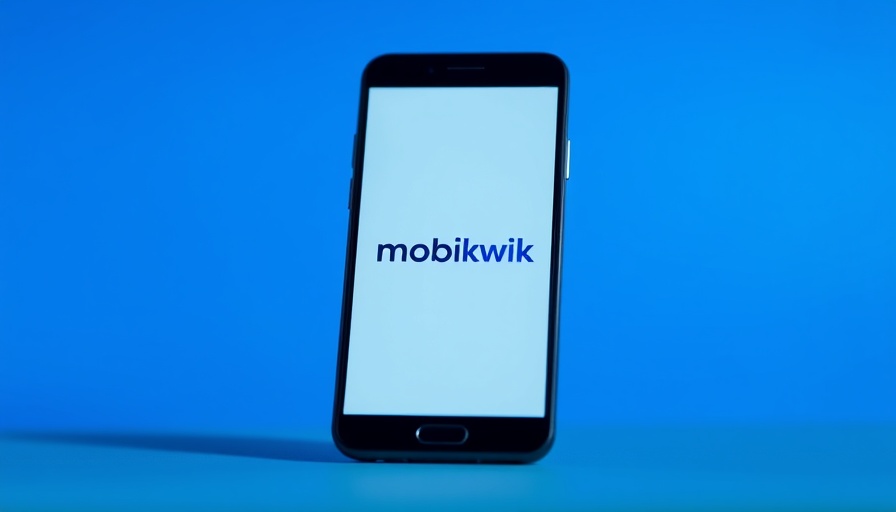
Listening Skills: A Key to Effective HR Communication
In today’s fast-paced workplace, listening well is an underrated skill that can dramatically improve relationships and productivity. While hearing occurs effortlessly, true listening, which requires focus and engagement, often eludes us. This is especially true in high-stakes scenarios, such as when a manager is delivering feedback or addressing concerns. Failing to listen can lead to misunderstanding and frustration among employees, resulting in workplace disputes that can hamper team dynamics and employee morale.
Why Do We Struggle with Listening?
According to psychology experts like Kari Rusnak, when we listen with the intention of responding rather than understanding, we miss key points the speaker is trying to make. This behavior, often referred to as “listening to respond,” is detrimental to constructive conversations. For example, if an employee enters a meeting already on the defensive, mentally preparing a counterargument can overshadow the actual message being conveyed by their boss. In such cases, employees risk missing out on critical information and guidance.
Applying Improv Techniques to Listening
The art of improvisation offers valuable insights into how we can sharpen our listening skills. In improv comedy, performers must listen keenly to their partners to adapt and build off of each other’s lines dynamically. For instance, if a performer enters a scene intending to be a police officer but their partner unexpectedly claims to be a robber, they must abandon their preconceived role and engage with what’s presented. This adaptability fosters a more receptive atmosphere during conversations, allowing individuals to create a more vibrant workplace culture.
Games to Improve Listening Skills
One effective, fun way to enhance listening skills in a workplace setting is through games like “Headlines.” In this activity, participants create a chain of headlines where each new headline begins with the last word from the previous one. For example, if the first person states, “Effective Leadership Drives Employee Engagement,” the next might say, “Engagement Strategies Keep Staff Morale High,” followed by “High Performance Equals Employee Retention.” This contributes to a positive workplace culture and encourages collaboration among HR teams.
Enhanced Engagement Benefits for HR Professionals
Teaching and enforcing effective listening practices can yield multiple benefits for HR professionals. With effective listening, HR leaders can better assess employee needs, optimize health benefits, and provide valuable HR policy updates. Skilled listening cultivates a greater understanding of workplace dynamics, allowing HR teams to bolster employee engagement and retention strategies. By focusing on listening, HR professionals foster an inclusive environment where every employee feels valued and heard, key factors for maintaining a productive workplace.
Preparing for the Future of Work
In an era where digital transformations are reshaping HR functionalities, strengthening listening skills becomes even more essential. The integration of AI and HR technology offers numerous advantages, but the human element cannot be overlooked. Emphasizing listening within HR roles lays the groundwork for innovative talent management and cohesive team dynamics that are increasingly needed amidst a remote and hybrid workforce landscape.
Conclusion: Take Action to Improve Workplace Listening
As we recognize the importance of listening in HR practices, it's vital for professionals to actively implement strategies that bolster these skills. By engaging in activities that enhance listening capacity, HR directors and managers will create more effective communication pathways and elevate the overall workplace environment. Embrace these practices and lead the charge in cultivating a thriving organizational culture.
 Add Row
Add Row  Add
Add 




 Add Row
Add Row  Add
Add 

Write A Comment